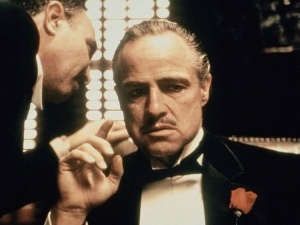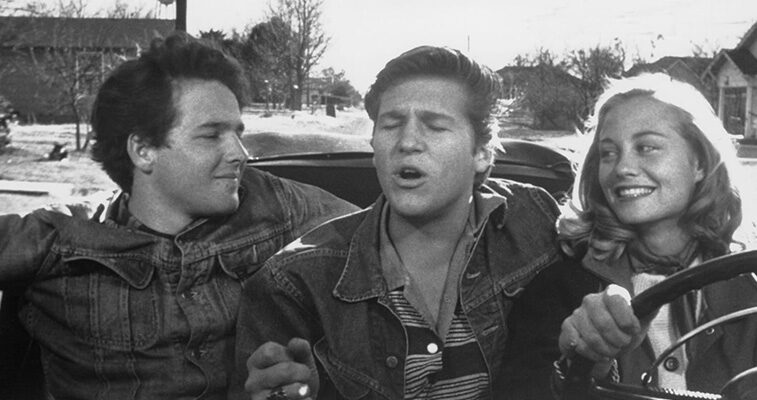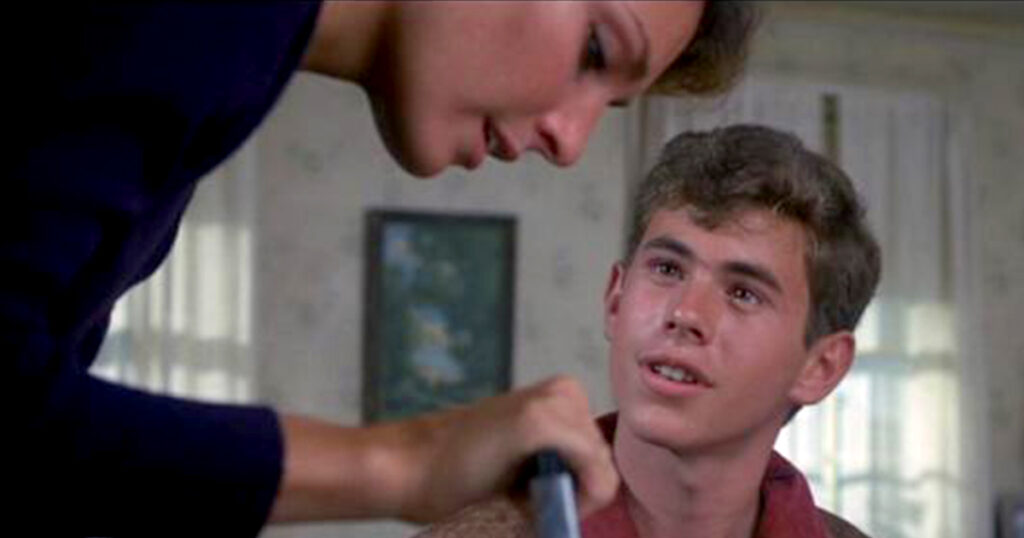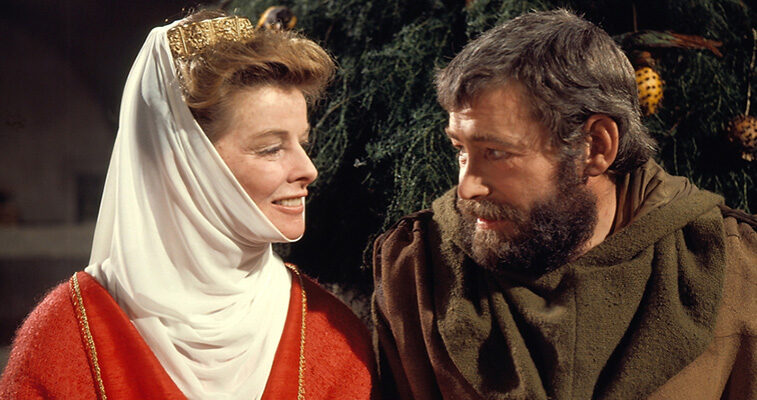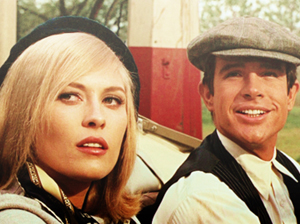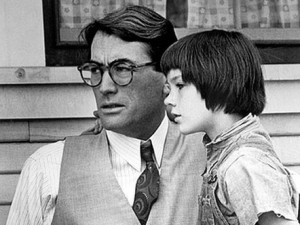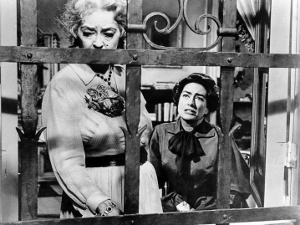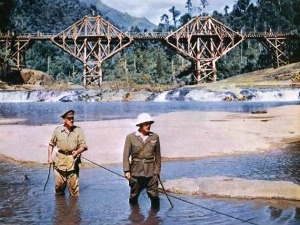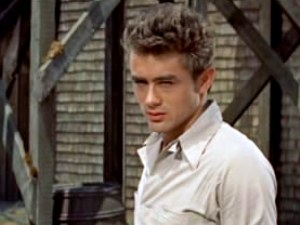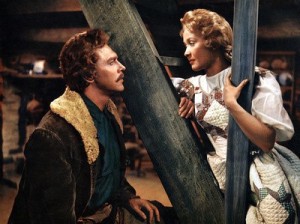The Last Picture Show (1971)
Summer of ’42 (1971)
The Lion in Winter (1968)
Bonnie and Clyde (1967)
[9]
Warren Beatty and Faye Dunaway star as the legendary real-life bank robbers in Arthur Penn’s volatile Bonnie and Clyde. With its anti-hero point of view and graphic violence, this film helped lead the charge for grittier, more realistic fare that cropped up throughout the ’70s. While the film certainly sensationalizes the criminals, it also humanizes them. It’s easy to see how a bored waitress like Bonnie Parker would fall for a handsome bad boy like Clyde Barrow (I mean, who wouldn’t get in a car with smoking-hot Warren Beatty?) And since the two only robbed banks, they became folk heroes to a working class destroyed by foreclosures. I also like that the film suggests Clyde is impotent. It’s refreshing to see a tough guy with flaws and foibles, and it also makes the romantic relationship more interesting than most.
To Kill a Mockingbird (1962)
[10]
Harper Lee’s Pulitzer Prize-winning novel is lovingly adapted to film by director Robert Mulligan, screenwriter Horton Foote, and producer Alan J. Pakula. Gregory Peck earned the Best Actor Oscar for his portrayal of Atticus Finch, a lawyer of uncompromising morals who puts the safety of his family on the line to defend Tom Robinson (Brock Peters), a black man accused of raping a white woman. Finch is also a widower, raising his two young children with the help of his maid Calpurnia (Estelle Evans). The narrative is made a coming-of-age story through the eyes of Finch’s youngest, the feisty Jean Louise — or Scout (Mary Badham) as she’s nicknamed. Scout’s perspective on racism is balanced with her own fear and ignorance surrounding a neighbor named Boo Radley (Robert Duvall), who turns out to be her salvation when she and her brother are attacked by a bigot seeking revenge on their father.
What Ever Happened to Baby Jane? (1962)
The Bridge on the River Kwai (1957)
[8]
A British colonel (Alec Guinness) leads his fellow POWs in constructing a bridge for their Japanese captors, unaware of the fact that allied forces, guided by a reluctant American (William Holden), have launched a covert mission to destroy it. David Lean’s film zips along remarkably well considering it’s nearly-three-hour running time. The film benefits from its exotic locale, Oscar-winning cinematography, and distinguished performances.
East of Eden (1955)
[10]
James Dean received the first posthumous acting nomination from the Academy Awards for his performance as the troubled Cal in East of Eden, his first major film role. (He would die tragically just a few months after the film was released.) It’s a riveting performance, one of the most vulnerable and moving I’ve ever seen. The film, directed with style and elegance by Elia Kazan, is based on the last quarter of John Steinbeck’s sprawling novel. Steinbeck believed the power of storytelling was in its ability to remind us of our own humanity, and when I learned that, it helped me understand why I’ve loved this movie for so long.
Seven Brides for Seven Brothers (1954)
[9]
It could just be my hillbilly roots, but I get a kick out of this corny but highly entertaining romp from the director of Singin’ in the Rain. A kind-hearted woman (Jane Powell) impulsively marries a mountain man (the booming Howard Keel) but gets more than she bargained for when he introduces his six brothers in the squalor of their remote farm house. Powell is the heart of the movie. Making the best of it, she tries to civilize Keel’s six lonely brothers to improve their chances of finding their own brides.

